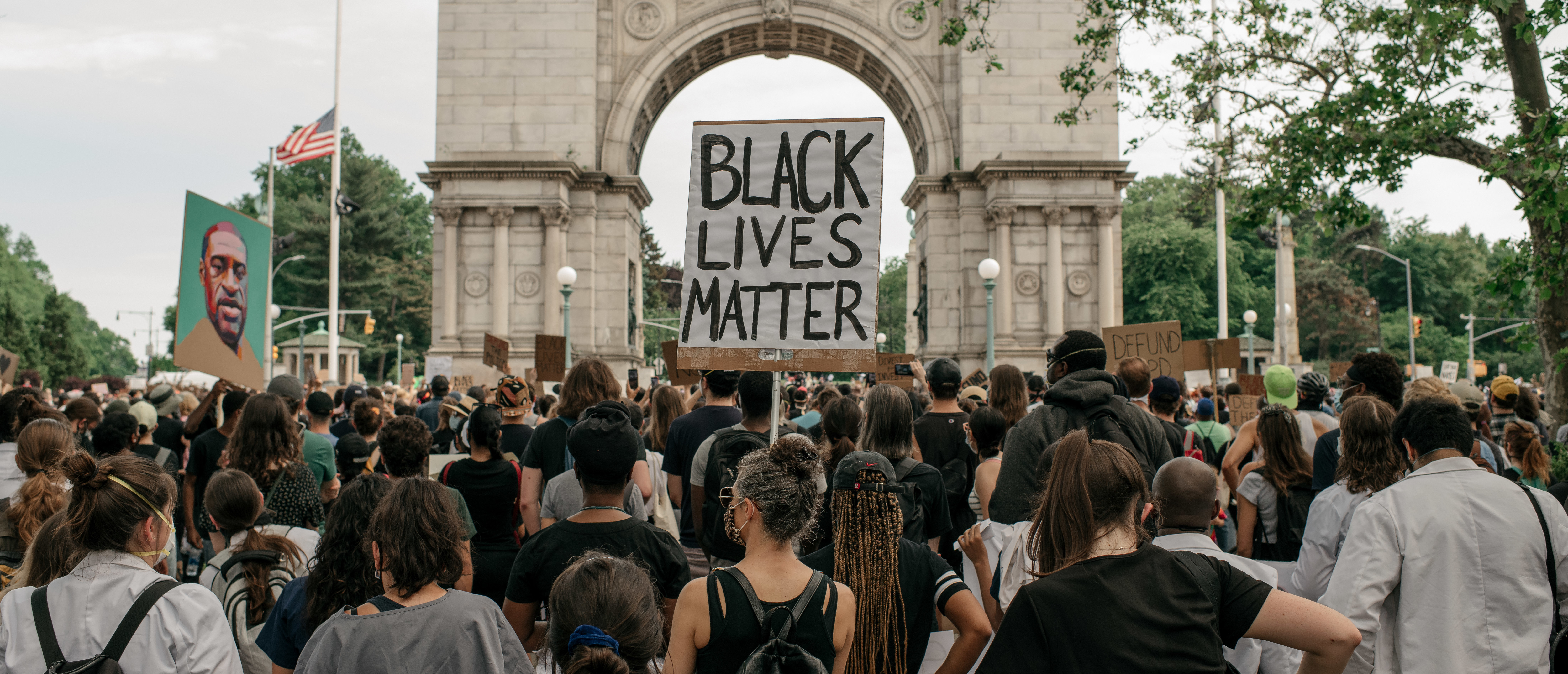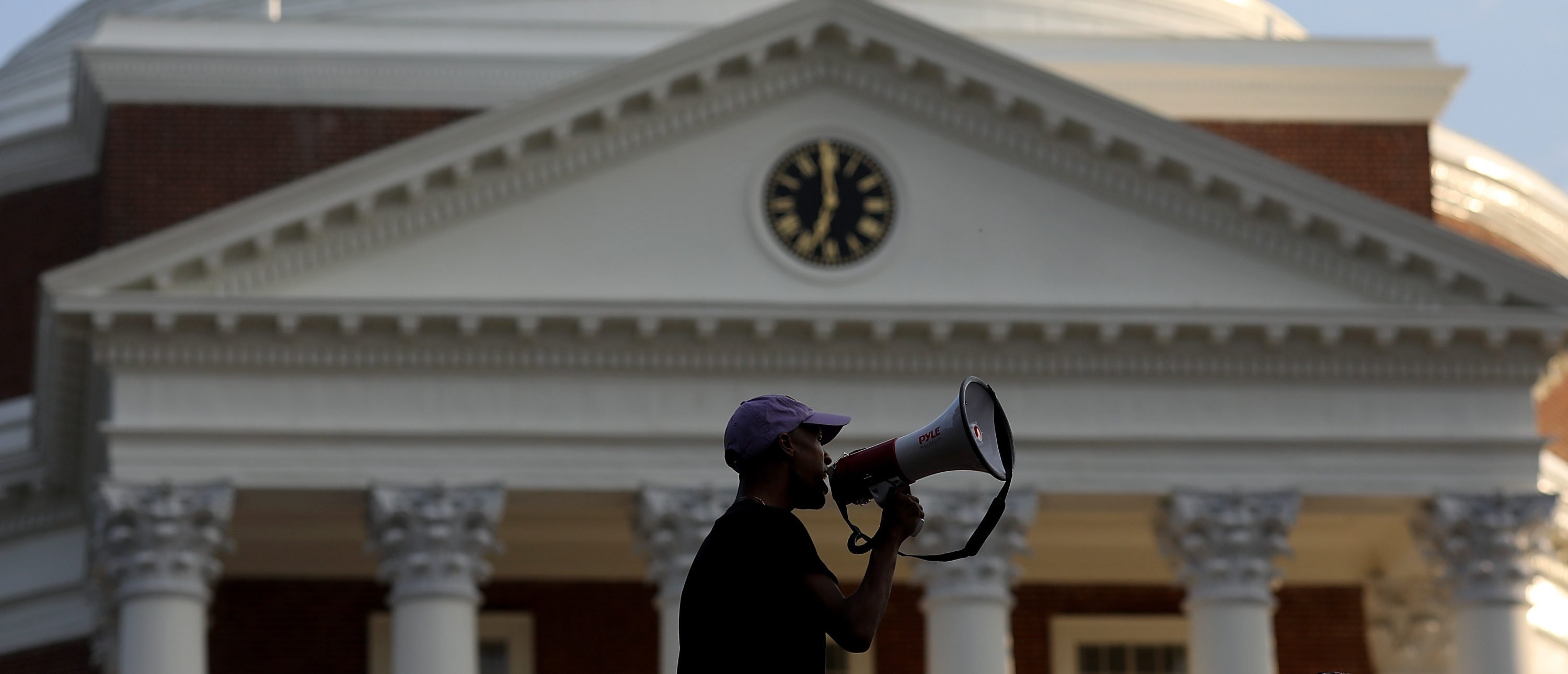As the American population has become more diverse in the last 20 years, colleges and universities have responded to their changing student bodies by expanding diversity-related initiatives within the bureaucracies of higher education.
A working paper by the National Bureau of Economic Research (NBER) concluded in August 2018 that most universities with student populations of 4,000 had hired chief diversity officers (CDOs). More specifically, while less than 10% of major universities had a CDO in 2001, whereas by 2016 that number had risen to nearly 70%.
Furthermore, the National Association of Diversity Officers In Higher Education states that their first membership cohort in 2003-05 had 30 diversity officials representing 30 schools. Currently, however, there are 328 names and 112 schools listed. (RELATED: Only Nine Students Show Up To White Privilege Workshop At School Of 30,000)
Universities have invested hundreds of millions of dollars into their diversity bureaucracy, and in some cases diversity officers are reportedly paid more than professors and other faculty members.
In tandem with this development, racial resentment, or the way a person’s beliefs reflect particular racial prejudices, has been more closely studied in order to ascertain how racialized experiences affect Americans of different racial backgrounds.
The Political Research Quarterly journal furthered in a 2019 study that racial resentment was a continuum reflecting how people view racial inequality at both the systemic and individual level. Although research has typically focused on white people, the study argued that black people were also subject to this form of racial thinking.
One of the goals of the diversity bureaucracy is to contextualize these racialized experiences for students, especially for minorities. It is arguable, then, that events which foster racial resentment could further justify the expansion of college diversity efforts.
A 2019 study from the University of Kansas concluded that 72% of inaugural CDO hires took place in the last 5 years. This could indicate a correlation between college diversity hires and an uptick in racial resentment from national phenomena like the Trump presidency and Black Lives Matter.

Demonstrators denouncing systemic racism in law enforcement and the May 25th killing of George Floyd by a Minneapolis Police officer gather at a press conference in Brooklyn (Scott Heins/Getty Images)
Although black and white racial resentment nationwide didn’t increased much between 1990 and 2016, as a 2019 paper from the journal Perspectives on Politics concluded, racial resentment fluctuated several times — particularly during racialized events like the 1992 Rodney King riots and the 2008 election of President Barack Obama.
Researchers also found that higher levels of racial resentment led to a sharper divergence of opinions between blacks on whites on issues like affirmative action and workplace discrimination. (RELATED: California Voters To Decide On Affirmative Action After Proposed Constitutional Amendment Clears Legislature)
Michael Tesler, an associate professor of political science at the University of California at Irvine, concluded that during the 2016 presidential election, racial resentment motivated economic anxiety in a way that had not occurred in previous elections, The Washington Post reported.
More recently, the George Floyd protests portray how racial resentment influences the political climate. From instances of demonstrable violence against white Trump supporters to Black Lives Matter leaders praising Marxist and anti-white revolutionaries, the stronger reaction to white racial resentment from black interest groups is also evident.
This trend of racial resentment over the last 20 years and the growing prominence of racialized politics has arguably contributed to the growth of the diversity bureaucracy in higher education. In the aftermath of the George Floyd protests, colleges have touted their diversity credentials by pushing through even more diversity-related efforts, often backed by their left-wing faculty.

A protestor with Students Against White Supremacy speaks on the campus of the University of Virginia (Win McNamee/Getty Images)
A survey of college professors from 2014 found that colleges and universities nationwide had a 6-to-1 ratio of liberal to conservative professors, The New York Times reported. Furthermore, a 2016 study from Econ Journal Watch revealed that in a selection of social science fields, self-identified Democratic professors outnumbered their Republican counterparts 11.5-to-1.
Diversity officers and their left-wing colleagues in faculty are connected as both have supported ideas like “critical race theory,” which supposes that white supremacy and racial power are maintained in modern society. The popularization of such academic concepts is, at least in part, motivated by the state of race relations and fluctuations in racial resentment today.
Indeed, data from Google Trends shows that online interest in the term abnormally increased in two specific instances. The first was in March 2012, the month after Trayvon Martin’s death — the incident that truly sparked Black Lives Matter. The second uptick was in June 2020, during the George Floyd protests.
Although it is unclear what causality exists between racial resentment and college diversity bureaucracies, the push to promote diversity in higher education may be strengthened when racial resentment increases, especially in the aftermath of a highly racialized phenomenon like a killing or a protest.


